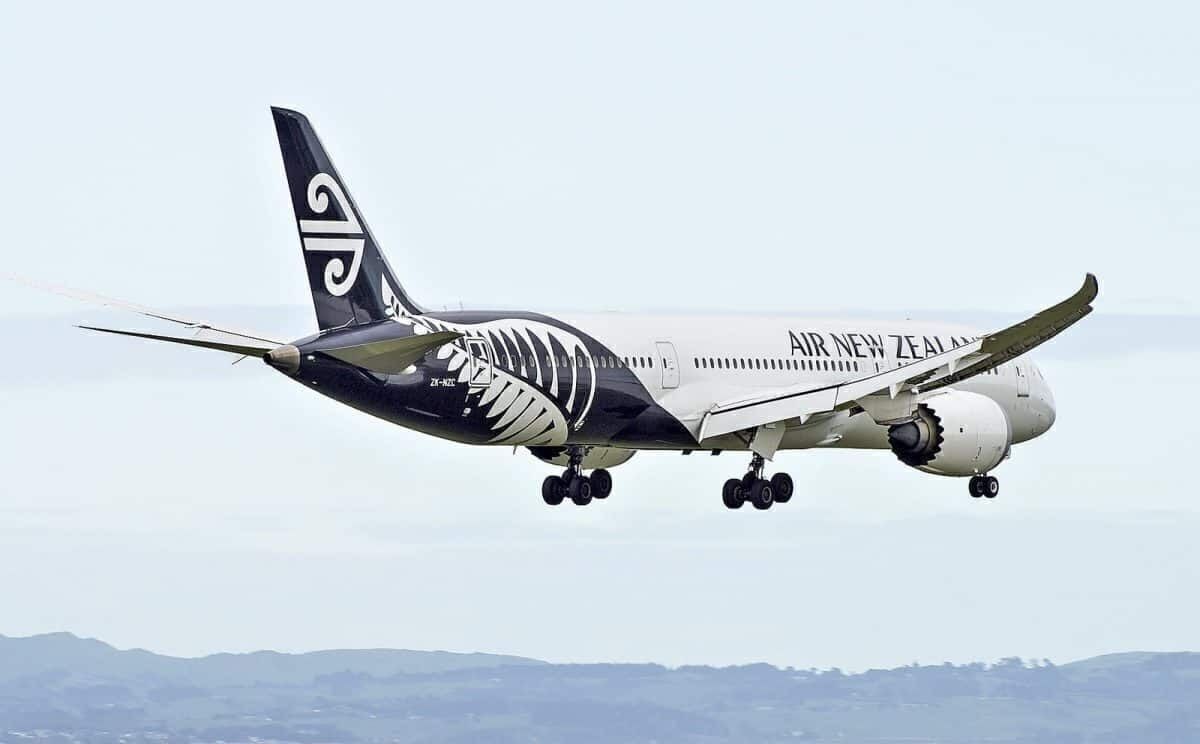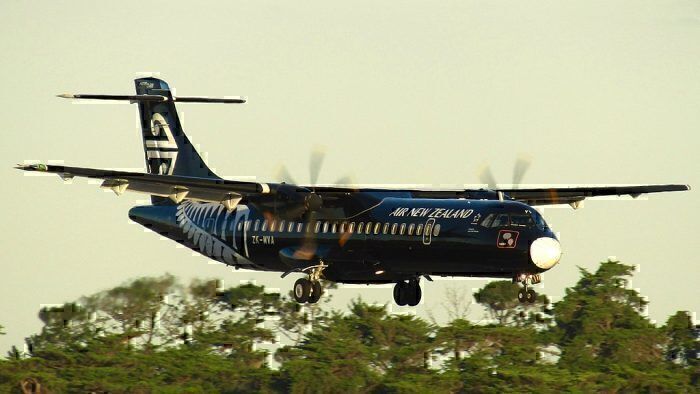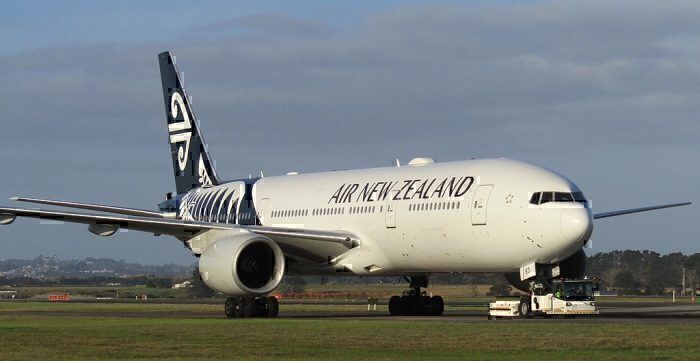Air New Zealand is to make nearly 400 of its pilots redundant. The decision comes as the airline puts into place downsizing strategies in order to survive the current aviation crisis. This downsizing includes making approximately 30% of Air New Zealand's workforce redundant. These pilots look set to be a part of that cohort.
The pandemic and subsequent downturn in travel has seen Air New Zealand slash its capacity by 95%. The airline's CEO, Greg Foran, has said that he expects this year's revenue to be about USD$300 million, a 90% decline on the previous year.
Air New Zealand is calling the proposed 387 pilot redundancies "the most economically efficient" outcome as it moves forward.
The most junior pilots will be the first to go
According to a report in New Zealand's Stuff website, your seniority matters at Air New Zealand. The newest, most junior pilots will be the first to go. An Air New Zealand spokesperson said;
"We understand that this is a very difficult time for many Air New Zealanders."
The pilots and their union, the New Zealand Air Line Pilots’ Association (NZALPA), recognize Air New Zealand must make tough decisions to survive. But they have questioned the process and the focus on the most junior pilots.
Captain Andrew Ridling, President of NZALPA said;
"So the older demographic are captains on wide-body aircraft while newer (younger) pilots come through the turbo prop aircraft and then on to the jet fleets through the ranks as a second officer, first officer and then a captain.
"Many pilots have hefty student loans which they were happy to take out to cover the costs of flight training, knowing they would soon be working and able to make loan repayments.
"Others have huge loans and mortgages, just like everyone else in our community."
Air New Zealand takes action to survive to crisis
As the economic impact of the aviation crisis bites, Air New Zealand has swung into action to ensure its survival.
The airline went into 2020 with around USD$600 million in cash reserves. But financial analysts say Air New Zealand is spending approximately USD$120 million per month.
Besides downsizing the airline, Air New Zealand has negotiated a debt funding agreement. The New Zealand government will lend up to USD$538 million should Air New Zealand need it. The government already owns 52% of the airline and is open to turning future debt into further equity.
New Zealand's Finance Minister Grant Robertson said;
"The reality is that without this intervention today New Zealand was at risk of not having an airline with national carrier status. That was not acceptable."
The New Zealand aviation sector feels chilly headwinds
Air New Zealand employees are not the only kiwis involved in the aviation industry to feel the chilly economic headwinds of this aviation crisis.
Virgin Australia has closed its New Zealand operations, leaving 600 people out of a job. There are also two hundred Qantas and Jetstar pilots based in New Zealand who look like losing their jobs.
Meanwhile, Air New Zealand is maintaining a bare bone domestic and trans-Tasman service. The airline is also operating cargo and repatriation flights. Air New Zealand is keeping on as many pilots flying as it can. This way, their licenses stay current and CAA take-off and landing requirements can be met. In addition, the NZALPA is hoping to negotiate a clear path to re-employment for retrenched pilots when things improve at Air New Zealand.



